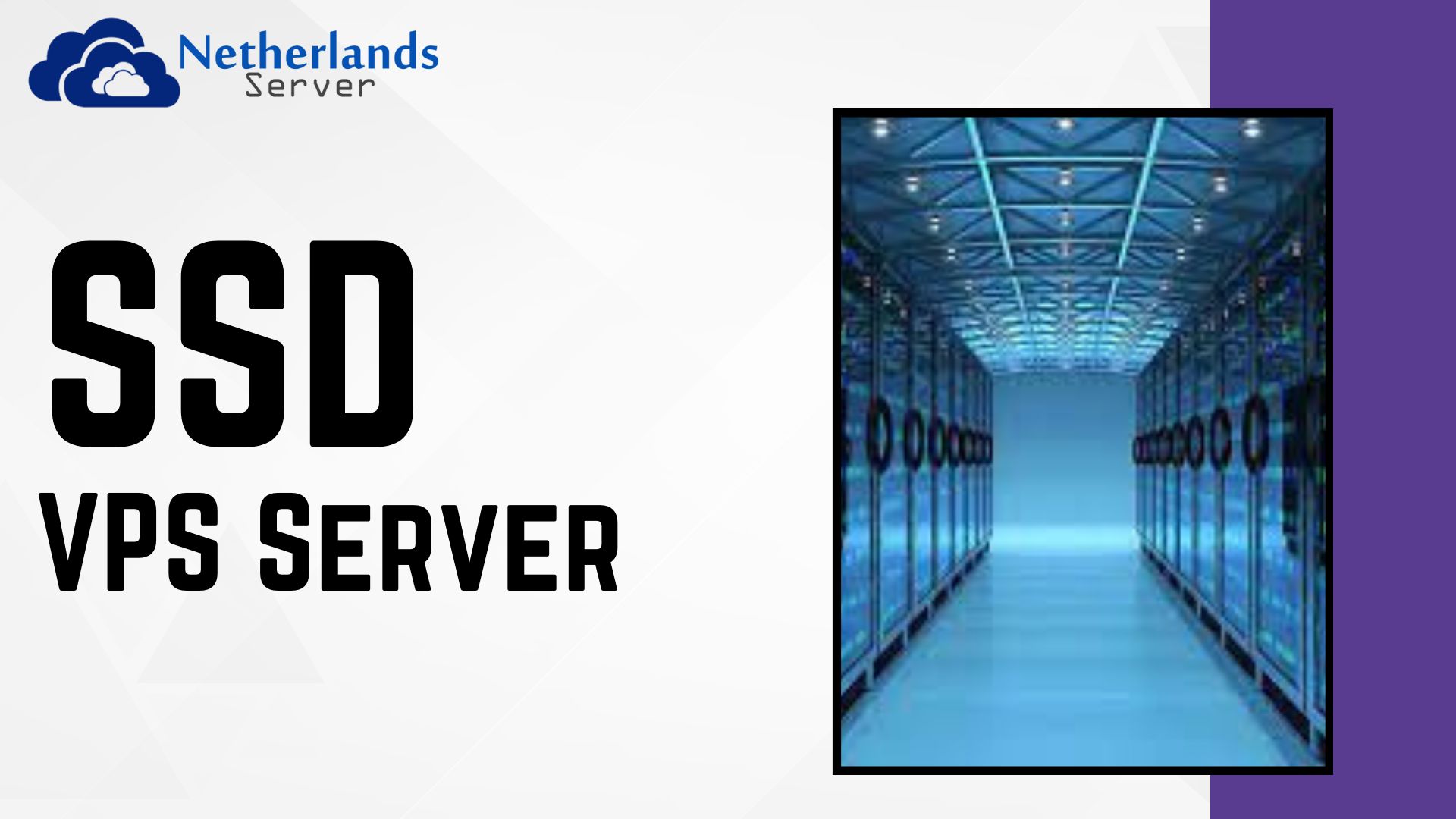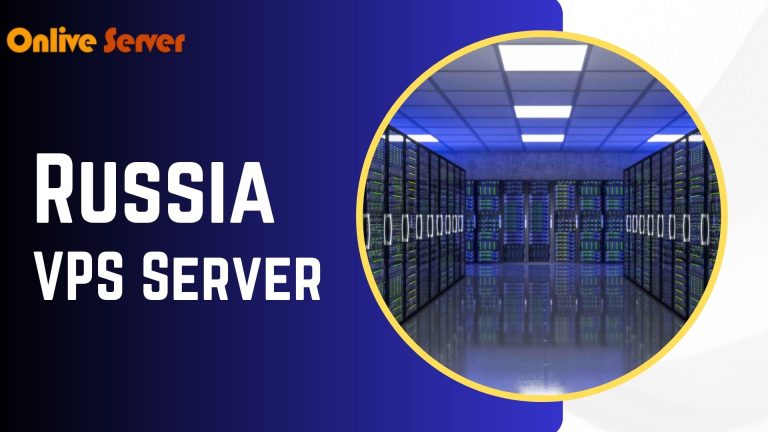Introduction to SSD VPS Server
In the rapidly evolving landscape of web hosting and server technologies, the acronym “VPS” stands out as a powerful solution for individuals and businesses seeking reliable and scalable hosting options. Within the realm of VPS hosting, the term “SSD VPS Server” has gained prominence. In this comprehensive guide, we will delve into the world of Cheap VPS server, exploring their benefits, technical aspects, and reasons why they have become a preferred choice for many.
What is SSD VPS Server?
An SSD VPS (Solid State Drive Virtual Private Server) combines the best of two technological advancements: virtualization and solid-state drives (SSDs). A VPS is essentially a virtual machine that exists on a physical server but operates independently, emulating a dedicated server environment. SSDs, on the other hand, have replaced traditional hard disk drives (HDDs) with faster and more reliable storage.
In an SSD VPS setup, the server’s storage is powered by SSDs rather than HDDs. This transition from mechanical drives to flash-based storage brings about significant improvements in terms of speed, reliability, and overall performance.
Advantages of SSD VPS Server
Speed and Performance: The most apparent advantage of using SSDs in VPS hosting is the unparalleled speed and performance they offer. SSDs can read and write data significantly faster than HDDs, resulting in reduced loading times for applications, websites, and databases. This speed boost is particularly crucial for businesses that rely on their online presence to drive sales and engagement.
Reliability and Durability: SSDs lack the moving parts found in traditional HDDs, making them more durable and less prone to mechanical failures. This enhanced reliability translates into increased uptime for your websites and applications, minimizing potential disruptions to your online operations.
Improved I/O Operations: Input/output (I/O) operations are integral to server performance. SSDs excel in handling I/O operations, allowing for faster retrieval of data and seamless multitasking. This is especially beneficial for resource-intensive applications that require frequent data access.
Scalability: VPS server, in general, offer scalability by allowing users to easily upgrade or downgrade their resources based on their needs. The combination of VPS architecture with SSDs enhances this scalability, enabling faster provisioning of resources and better handling of increased workloads.
Energy Efficiency: SSDs consume less power compared to HDDs due to their lack of moving parts. This not only contributes to a greener environment but also translates into cost savings for businesses operating multiple servers.
Data Security: The durability and reliability of SSDs play a crucial role in maintaining data integrity. With reduced chances of data loss due to hardware failures, businesses can enjoy improved data security and peace of mind.
SEO Benefits: In the realm of online presence, website speed matters not only for user experience but also for search engine optimization (SEO). Search engines like Google consider page loading speed as a ranking factor, meaning that SSD VPS servers can indirectly contribute to improved search engine rankings.
Technical Aspects of SSD VPS Server
Storage Types: SSD VPS servers can utilize different types of SSDs, including SATA SSDs and NVMe SSDs. NVMe (Non-Volatile Memory Express) SSDs offer even faster data transfer speeds due to their direct connection to the CPU.
Virtualization Technology: Virtualization is the foundation of VPS hosting. Popular virtualization technologies include KVM, Xen, and Virtuozzo. These technologies create isolated virtual environments on a physical server, ensuring resource segregation and security.
Resource Allocation: VPS servers allocate dedicated resources such as CPU cores, RAM, and storage to each virtual machine. This allocation is more consistent and predictable compared to shared hosting environments.
Control and Customization: SSD VPS servers provide users with greater control and customization options. Users can install their choice of operating systems, applications, and software, tailoring the environment to their specific requirements.
Reasons to Choose SSD VPS Server
Website Speed: For businesses that rely on their websites to attract and retain customers, the speed advantage offered by SSD VPS servers is invaluable. Faster-loading pages lead to lower bounce rates and higher customer satisfaction.
E-commerce Performance: E-commerce websites, which often involve complex databases and frequent transactions, benefit greatly from the improved I/O performance of SSDs. This ensures smooth user experiences during the browsing and purchasing processes.
Resource-Intensive Applications: Applications that require substantial computing resources, such as video streaming, online gaming, and big data analysis, perform significantly better on SSD VPS servers due to their high-speed storage capabilities.
SEO Optimization: As mentioned earlier, faster-loading websites are favored by search engines, potentially leading to higher rankings in search results. This can drive organic traffic and increase visibility.
Business Growth: The scalability of SSD VPS servers allows businesses to seamlessly adapt to changing demands. As a business grows, it can easily upgrade its resources without the need for extensive hardware changes.
Conclusion
The advent of SSD technology has revolutionized the landscape of web hosting, and Linux VPS server stand as a testament to this advancement. With their exceptional speed, reliability, and performance, SSD VPS servers cater to a wide range of needs, from personal websites to resource-intensive applications. Whether you’re a small business owner or an individual looking for a robust hosting solution, the benefits of Cheap VPS servers are undeniable. Embracing this technology can lead to improved online experiences, enhanced customer satisfaction, and a competitive edge in today’s digital age.
(FAQs) about SSD VPS Server
Q1. What is an SSD VPS server, and how is it different from traditional VPS hosting?
An SSD VPS server uses solid-state drives (SSDs) for storage, offering faster performance compared to traditional hard disk drives (HDDs).
Q2. How does the speed of an SSD VPS server affect website performance?
Websites on SSD VPS servers load faster, leading to better user experiences and potential SEO benefits.
Q3. Can I upgrade resources on an Best VPS server as my business grows?
Yes, SSD VPS servers are scalable, allowing easy resource upgrades to accommodate business growth.
Q4. Are Cheap VPS server suitable for resource-intensive applications like gaming or video streaming?
Yes, VPS server excel in resource-intensive tasks like gaming and video streaming due to their speed and I/O capabilities.
Q5. Do VPS server offer security advantages?
While primarily focused on performance, SSD VPS servers benefit from enhanced data integrity due to the reliability of SSDs.
Q6. Can I choose the type of SSD for my VPS server?
Many providers offer choices like SATA SSDs and NVMe SSDs, with NVMe providing faster data transfer speeds.






